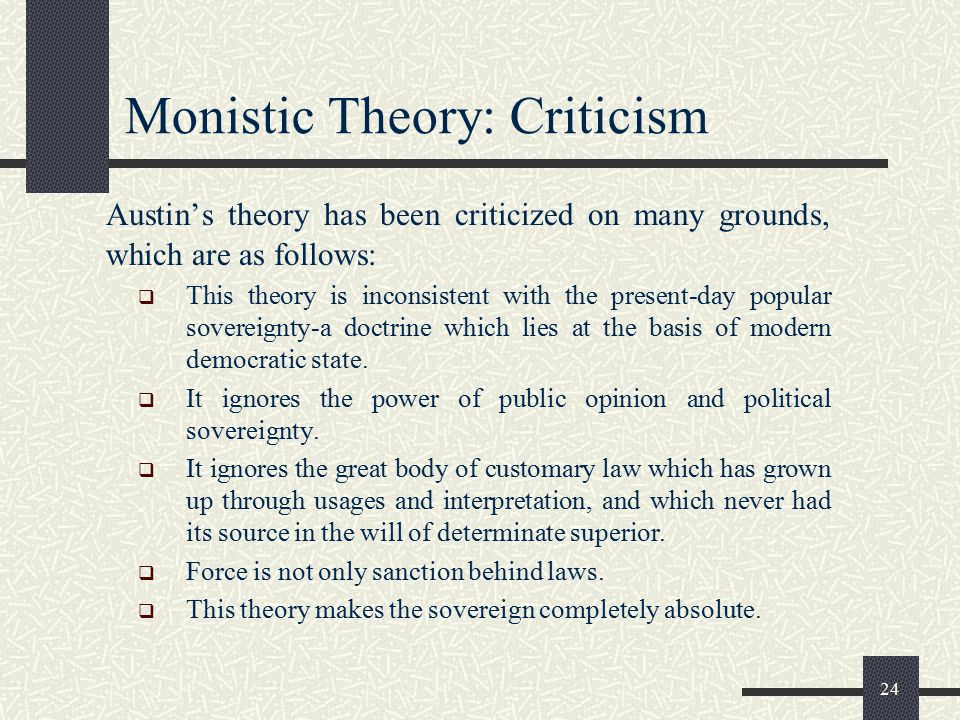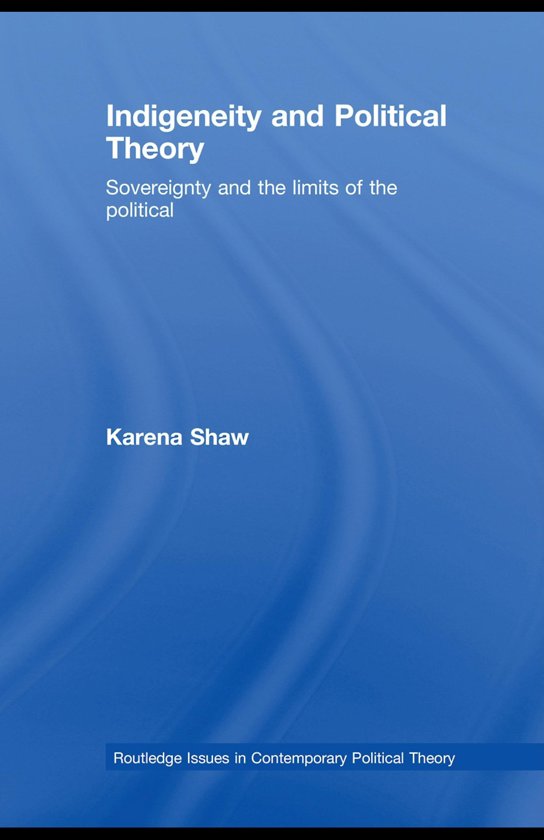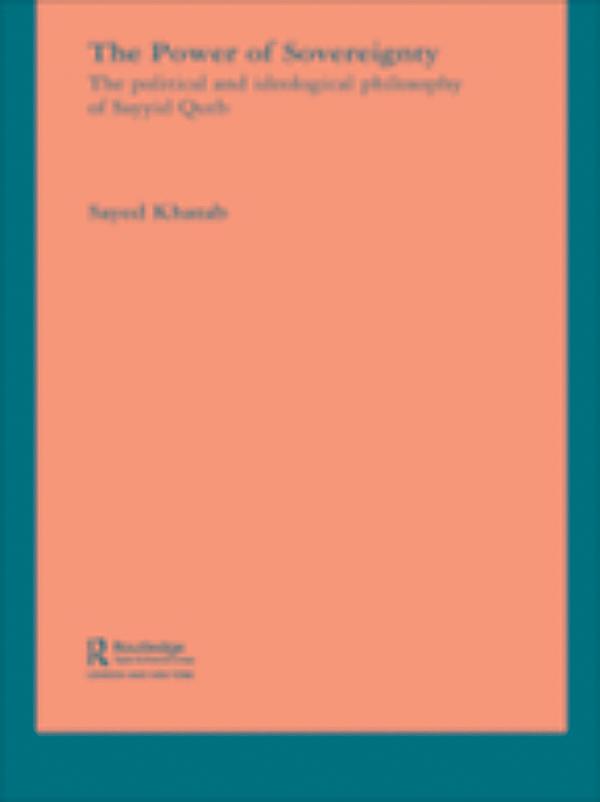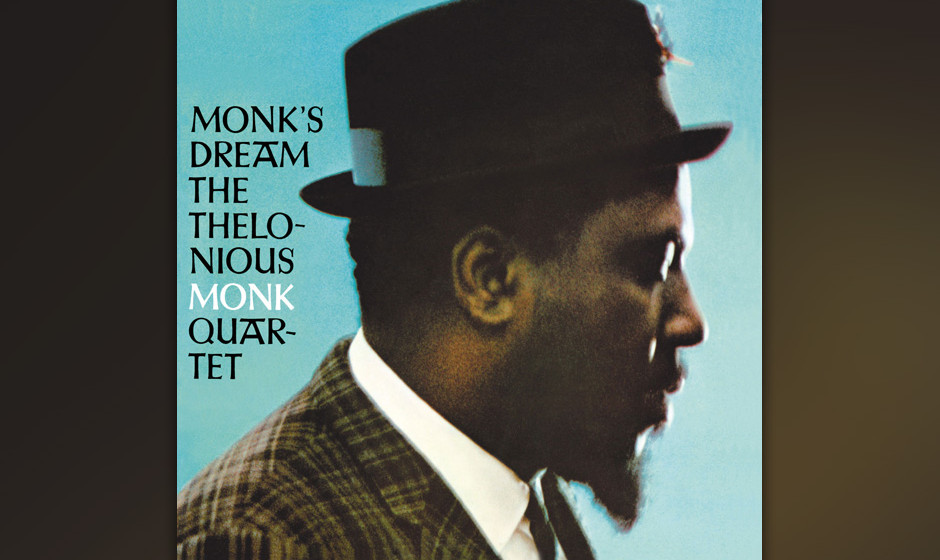-
Gallery of Images:

-
At the same time, the way in which Kelsen presents his critique of Austins conception of sovereignty reveals important differences in purpose and intention between Kelsens Pure. Also known as the imperative theory of law. According to Austin, positive law has based on the power of a superior. this units Austin with Hobbes and other of sovereignty. According to Austin laws are two kinds, Law Law of God Human laws 4. Sovereignty, though its meanings have varied across history, also has a core meaning, supreme authority within a territory. It is a modern notion of political authority. Historical variants can be understood along three dimensions the holder of sovereignty, the absoluteness of sovereignty, and the internal and external dimensions of sovereignty. with this impasse will be a major challenge to legal and political theory in the years to come. The concept of sovereignty, once relatively uncontested, has recently become a major bone of contention within international law and international relations theory. Sovereignty is the full right and power of a governing body over itself, without any interference from outside sources or bodies. In political theory, sovereignty is a substantive term designating supreme authority over some polity. It is a basic principle underlying the dominant Westphalian model of. austin theory of sovereignty pdf Philosophers now agree that this theory of sovereignty, as well as the similar. 22 These arguments show that Austins sovereign is very strange. exists just in case there is an absolute sovereign whose commands or pro. John Austin ( ) was an English jurist. He is regarded as the founder of the school of Analytical Jurisprudence, which sought to analyse the nature of law, right and sovereignty. He expounded his theory in his book on Jurisprudence, published in 1832. Command Theory of Law and the Theory of Legal Sovereignty: These two aspects of Austins theory give the basis for his specific pedigree test of legal validity. They are a part of his version of legal positivism but not, as we shall see later, an essential part of legal positivism itself. CRITICISM: Austin's theory of law has been criticized on many grounds. there are three implications of the definition of sovereignty given by Austin. whom the bulk of a political society habitually obeys and who does not himself habitually obeys. CRITICISM: Austin's theory of law has been criticized on many grounds. unlike commands given on parade grounds and obeyed there then by the troops. The state is a legal order in which there is a determinate authority acting as the ultimate source of power. John Austins theory of sovereignty Other names of the theory Absolute theory of sovereignty Monistic theory of sovereignty Nonpluralistic theory Single theory 10. John Austins theory of sovereignty John Austin is an English jurist. The political framework and the structure of the legal systems anywhere across the world depend on the concept of sovereignty. The idea owes its roots to the sixteenth and seventeenth century Europe and has existed since then and is ever expanding. THE THEORY OF SOVEREIGNTY: DEWEY VERSUS AUSTIN SUSAN MINOT WOODY N 1894, Dewey wrote an article entitled Austin's Theory of Sovereignty. Austin's Theory Of Sovereignty (Monistic View) In the 19th century the theory of sovereignty as a legal concept was perfected by Austin, an English Jurist. The principal advocate of institutional sovereignty is John Austin. 2 Austin articulated a theory of sovereignty in which a single institution, or group of institutions, possessed supreme lawmaking power. Command Theories of Law Some key terms and individuals. Natural law Austins theory is an oversimplified and crude reflection of what law really is. Sovereignty as per Austin Austin discusses the nature of sovereignty at length. Sovereignty is an essential characteristic of a state. The state is made of four basic components namely population, territory, government and sovereignty. Sovereignty forms an essential mark of statehood and it is an coming of the theory of the. Pluralists are the greatest opponents of the classical or monistic theory of sovereignty. According to the monistic school led by Austin sovereignty is absolute, determinate, supreme, omnipotent, indivisible and. Parliamentary Sovereignty and the Constitution Volume 22 Issue 2 Pavlos Eleftheriadis. Available formats PDF Please select a format to send. Dicey discusses the differences between his constitutional theory and Austins jurisprudence in Introduction, ibid. 4 Austin, Kelsen, and the Model of Sovereignty 53 theory of the law itself, and not merely of moral or social phenomena somehow related to law. Austin's doctrine of sovereignty was a compromise between Bodin's doctrine that sovereignty was vested in the ruler, and the doctrine of popular sovereignty that sovereignty was vested Title: Austin's Theory of Sovereignty Created Date: Z AUSTINS THEORY OF SOVEREIGNTY Austin: If a determinate human superior, not the habit of obedience a like superior, receives habitual obedience from the bulk of the society, the determinate superior is sovereign in that society and the society, includes the superior, is a society political and The Command Theory of Law of Austins was a way for law to become a powerful and rational instrument of modernity. The command theory of law states that laws (properly socalled) are commands of a sovereign who is habitually obeyed by the bulk of the population and defiance of his commands leads to the enforcement of sanctions. 1 A Critical Review of John Austins The Province of Jurisprudence Determined Tommaso Pavone This critical review provides an analytic summary of John Austins The Province of Jurisprudence Determined, focusing in particular on Lectures I and II, and concludes by developing two critiques of Austins theory of law. Austin, Kelsen, and the Model of Sovereignty: Notes on the History of Modern Legal Positivism Lars Vinx, Bilkent University Published in Michael Freeman and Patricia Mindus (eds. ), The Legacy of John Austins Jurisprudence (Springer 2012) 5171. John Austin (3 March 1790 1 December 1859) was a noted English legal theorist who strongly influenced British and American law with his analytical approach to jurisprudence and his. Bringing into play Austins theory of sovereigntyVII, the author observes that the concept of sovereignty is closely related to the longstanding familiarity of English jurists with the historical existence of a supreme legislature whose HOBBES'S THEORY OF SOVEREIGNTY IN LEVIATHAN JAMES R. HURTGEN SUNY College, Fredonia HE THEORY OF SOVEREIGNTY forms a central concern of Hobbes's political science. Part 1 of Leviathan, which culminates in the discus sion of the state of nature, is intended to establish the necessity of Hobbes's Full text of A brief introduction to Austin's Theory of positive law and sovereignty See other formats. Austins theory of law is a form of analytic jurisprudence. John Austin is best known for his work related to the development of the theory of legal positivism. Austin developed the theory of sovereignty of considerable power and durability and modified versions of his idea of sovereignty continue to be important in international law and international. with a new and rigorous jurisprudential theory of sovereignty developed by the English legal philosopher, John Austin. 9 Austin developed the theory of sovereignty of. Austin Theory of Law Download as Word Doc (. Scribd is the world's largest social reading and publishing site. Search Search AUSTINS CONCEPT OF SOVEREIGNITY Austin wrote his theory at the time when England was in need of vast legislative reforms. So his idea was guided by the situation which can be found in his theory. v For Austin laws are the command supported by sanction. Austin theory of law pdf Austin theory of law pdf Austin theory of law pdf DOWNLOAD! carefully distinguishing between positive law and natural. Jean Bodin and Sovereignty Theories in Context. John Austin 3 March 1790, Creeting Mill, Suffolk 1 December 1859, Weybridge, Surrey was a noted. The British legal philosopher John Austin ( ) enunciated a theory of sovereignty which is known as legal theory of sovereignty. He said that in Britain sovereignty is. The pluralist theory of sovereignty was a reaction to monistic or legal theory of sovereignty. To monistic theory state is supreme association and all other associations are he creation of state and their existence depends on the will of the sovereign power. Austin was the most important contributor to legal theory or Monistic theory of Sovereignty 9. The first theory which exerted wide influence was that of Jean Bodin. In his view sovereignty was the highest power in a state which is subject to no laws but is itself the maker and master of them. At the same time, the way in which Kelsen presents his critique of Austins conception of sovereignty reveals important differences in purpose and intention between Kelsens Pure. Sovereignty, for Austin, is the fact that makes law possible. Austins sovereignty is unlimited and therefore unique: it cannot be shared among two or more persons. AUSTIN imperative theory of law (J. Austin, ) 1) law consists of instructions or directives issued by some people in order to direct the an exercise of sovereignty law is (1) instructions or commands (2) of the political sovereign. AUSTIN 1) legal norm as a command each and every legal norm is a command In modern times, the development of sovereignty as a theory coincided roughly with the growth of the state in terms of power, functions and prestige. In the nineteenth century, the theory of sovereignty as a legal concept (i. sovereignty expressed in terms of law). Austins theory was an attempt to define law in the positivist tradition. 2 Law is nothing more or less than the commands of the identifiable, illimitable and indivisible sovereign body. The sovereignty Thus, Austins theory of sovereignty does not fit in with a democratic setup. (2) It ignores the power of public opinion and political sovereignty: Austins concept of sovereignty ignores the claim of public opinion and political sovereignty. Full text of Austin's Theory of Sovereignty See other formats STOP Early Journal Content on JSTOR, Free to Anyone in the World This article is one of nearly 500, 000 scholarly works digitized and made freely available to everyone in the world by JSTOR. John Austin is considered by many to be the creator of the school of analytical jurisprudence, as well as, more specifically, the approach to law known as legal positivism. Austins particular command theory of law has been subject to pervasive criticism, but its simplicity gives it an. Keywords: Austin, legal system, legal theory, constitutional law, illimitability thesis, personal obedience, sovereignty Oxford Scholarship Online requires a subscription or purchase to access the full text of books within the service. Criticism of Austin's Theory of Sovereignty. The classical theory of sovereignty in general and its Austrian exposition in particular have been subjected to scathing criticism by many philosophers and political scientists. Some of these criticisms are give below:.
-
Related Images:











